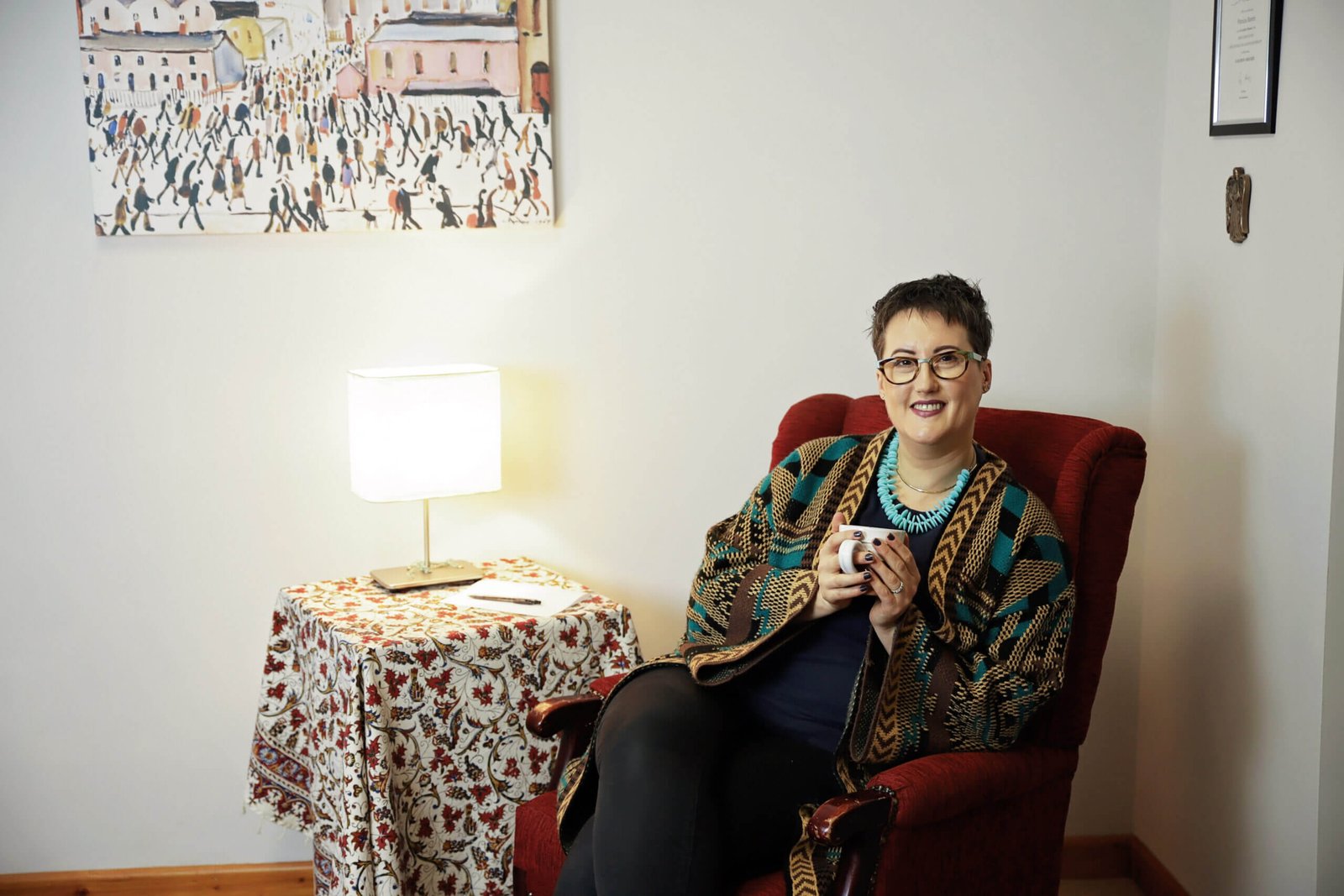
by Bethan O'Riordan | Mar 7, 2022 | Blog, Parenting
Children experience many fears and I’m pleased that your child has come to you with this. I remember when I was six waking up really upset that my Nan was going to die. She didn’t die for another twenty years, but I remember that fear so vividly.
Death is like taxes; both inevitable and painful. However explaining this to a child has to be done delicately and authentically. Being honest about death is important. You can explain what death is “when the heart stops beating inside a body,” then put your child’s hand on your heart,feel and count how strong the beats are. If you’re unwell, perhaps with a diagnosis, you can reassure your child that “I am being taken care of and the Doctor etc is doing all they can to help”.
Often with these big fears parents do too much explaining and exploring why. Logic is a different language to the language of emotions, so using logic to try to remedy an emotion won’t work. Logic can be a distraction from experiencing the feeling of fear. With any big feeling we want children to experience feeling them. Trying to use empathy will really help “oh gosh, that’s a big fear” and then explaining (just a little) about how fear is for you. For example, you might say “fear makes me have loads of racing thoughts and stories in my head. It can make my heart beat really fast and I can feel a bit panicky”. Try to use simple words that make sense to a child and then stop. Be with your child and see what comes.
Fear becomes safe when a child is with their parent, the emotion has been seen and validated and hung out with. The important part of this is that you let your child know that fear is normal and that “I am here to help you with it”. The thought of your Mum dying is really scary if we think about it, but my impression is that the reader doesn’t want this to escalate and take over.
My therapeutic experience is that children have an uncanny way of mirroring back to the parent some part of their story which has yet been made emotionally safe within the adults. Families are systems where one person’s experience impacts the others in that system and children will always mirror back to the family a piece of the puzzle that has yet to be remedied. So I’d ask the reader – “were you intentionally or unintentionally abandoned by your mother?”. This might be physical or emotional. If the answer is yes, then your child is actually mirroring to you the part of you that is yet to be ok with this.
Healing this part of you will decrease your child’s worry.
If anything in this blog resonates with you and you’d like support to create change, you’re welcome to book a free call with Bethan here to explore your support options. Make sure you download your free 5 Steps to Calmer Parenting. If you’re looking for immediate parenting support, you can start your free 7 day trial in the Calm Parenting Club where you’ll find the answers to your parenting problems and be supported to become the parent and person’ you’d like to be.
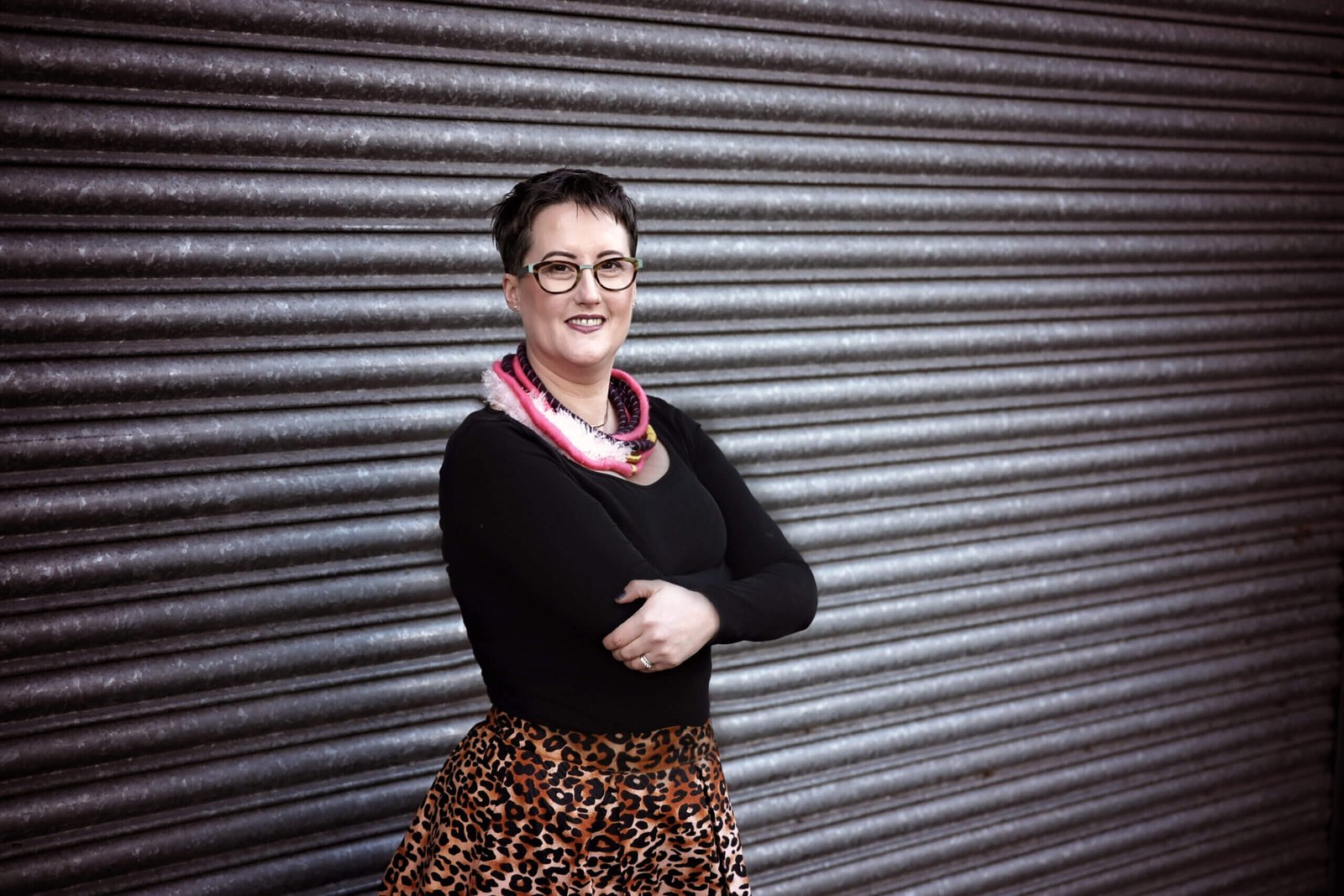
by Bethan O'Riordan | Feb 28, 2022 | Blog, Parenting
This is a great question because it shows that you’re considering which values work within your family. Your parenting is hugely influenced by the parenting you received which includes the discipline you received.
The first part of this to explore is, what does discipline mean to you and what are the outcomes that you’re hoping to achieve? Every family I’ve met has different opinions on this so it’s important that parents take time together to work out and answer, “what’s the end goal here?”.
Here are three questions to answer:
1. Do you want your child to be punished?
2. Do you want your child to hear that they are bold or bad?
3. Do you want your child to know that we all make mistakes in life and that you’ll be there to help them?
When you’ve answered these questions, you’ll then be in a position to create actionable plans around the discipline within your household.
Children need flexible boundaries,they need help in understanding what is right and wrong in situations across their lives. The important part of this for you to consider is the how: how are you going to help your child know how to be within the world?
A great way of working this out is to take a moment to work out how you behave when your child misbehaves. Do you get triggered, angry and shout when mistakes are made? Is your child scared of you when you tell them something is wrong? Or are you afraid of the emotional fallout from your child so avoid this?
Teaching your child to have emotions without shame is the biggest legacy a parent can ever pass to their child. This is where taking time to work out discipline in your house is so very important. Remember that children are looking for consistent and predictable relationships. Can you be the same parent when your child has made a mistake and when you’re having fun with them? Or do you change and show less understanding, compassion and be less helpful?
This is where so often parents fall down that rabbit hole of opening their mouths and their mother or father falls out. We’ve all been there and it doesn’t feel great! Parenting is in your DNA and programmed from the generations of parents within your lineage. But times have changed, we’ve more of an understanding of how children’s emotions develop and what they need to feel safe, secure and cared for.
I often think of my Mum’s stories of when she was little and her buggy was left at the end of the garden and children walked past and minded her. That was the 1950’s and it simply wouldn’t be allowed now, but was normal then. My point is that the environment in which children are being raised has changed and discipline needs to mirror this. Children always do better when a parent can use empathy and kindness towards anything they’ve made a mistake with.
Also, fast forward 10 or 15 years. When your child is a teenager and they get into difficulty, do you want them to be able to phone you and ask for help? Because this trusting relationship is formed now when they are younger and only happens if they know they can come to you without blame or criticism.
If anything in this blog resonates with you and you’d like support to create change, you’re welcome to book a free call with Bethan here to explore your support options. Make sure you download your free 5 Steps to Calmer Parenting. If you’re looking for immediate parenting support, you can start your free 7 day trial in the Calm Parenting Club where you’ll find the answers to your parenting problems and be supported to become the parent and person’ you’d like to be.
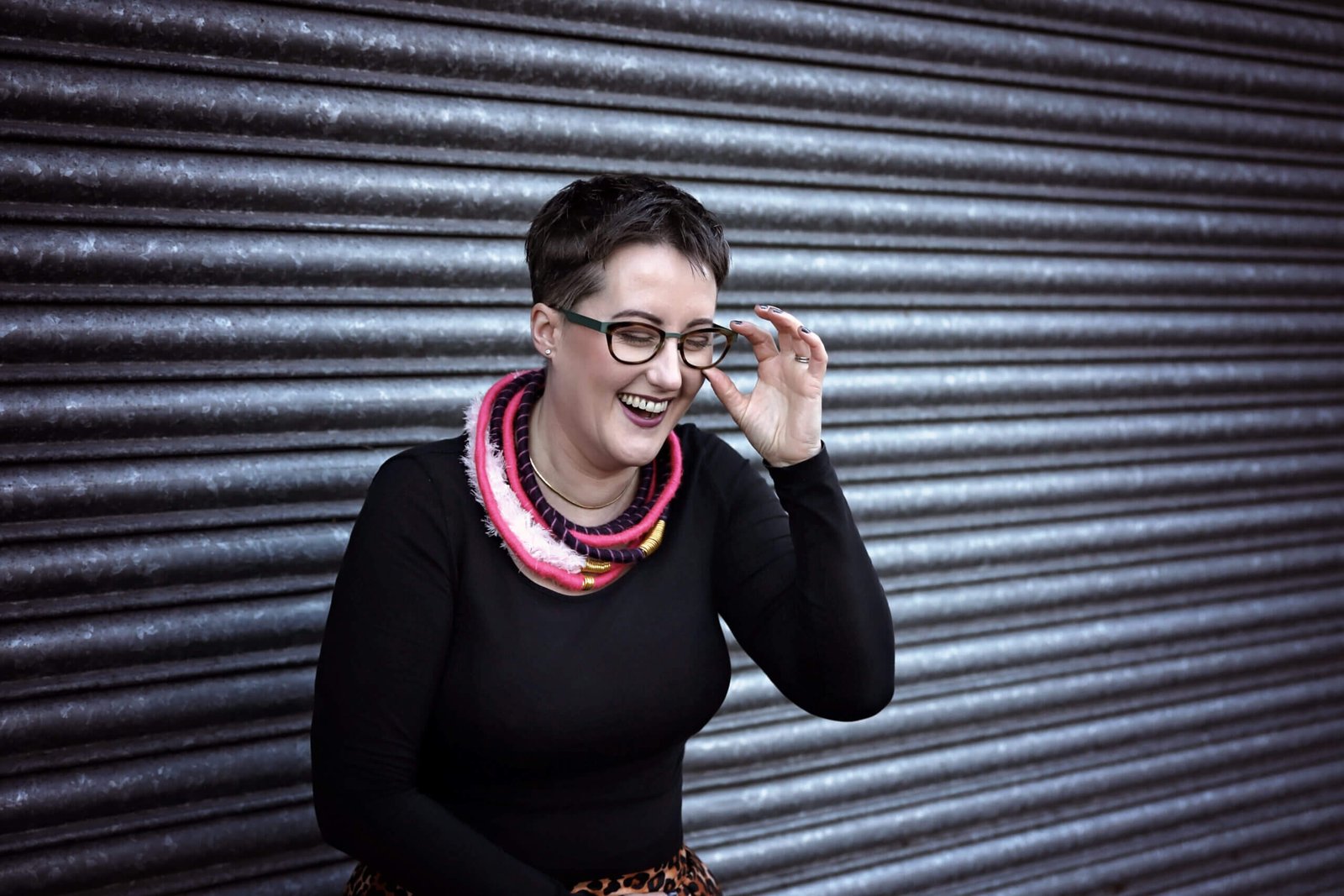
by Bethan O'Riordan | Feb 21, 2022 | Blog, Parenting
This question reminds me of the teenagers I’ve worked with over the years. The one thing they needed from their parents was to not crumble when they told them about the difficulties they had in their lives.
This doesn’t mean that parents don’t experience an emotional reaction, you aren’t a robot! What I mean is that when your child is struggling with something you pay attention to what they’re saying and you let them know that you will help them with it. It’s important to let your child know that no matter the problem they have, they can come to you as you will find a way to help. This doesn’t mean that you know all the answers. It could mean getting outside help or upskilling yourself.
On a day-to-day basis, being a pillar of strength is being consistent and predictable in your relationship with your child. Do you respond in a similar way to situations? Or can you react in a way that is sometimes explosive and sometimes calm? Are your boundaries flakey or overly rigid?
Working through your triggers, exploring your parenting default mode and undoing what no longer serves you means that you will have the emotional capacity to see, hear, understand and help your child. You can only help them when you’re working through being a pillar of strength for the parts of yourself that you find tricky too. Parenting is always a multi process of supporting yourself, minding your inner child and meeting your unmet needs as well as being there for your children too.
If anything in this blog resonates with you and you’d like support to create change, you’re welcome to book a free call with Bethan here to explore your support options. Make sure you download your free 5 Steps to Calmer Parenting. If you’re looking for immediate parenting support, you can start your free 7 day trial in the Calm Parenting Club where you’ll find the answers to your parenting problems and be supported to become the parent and person’ you’d like to be.
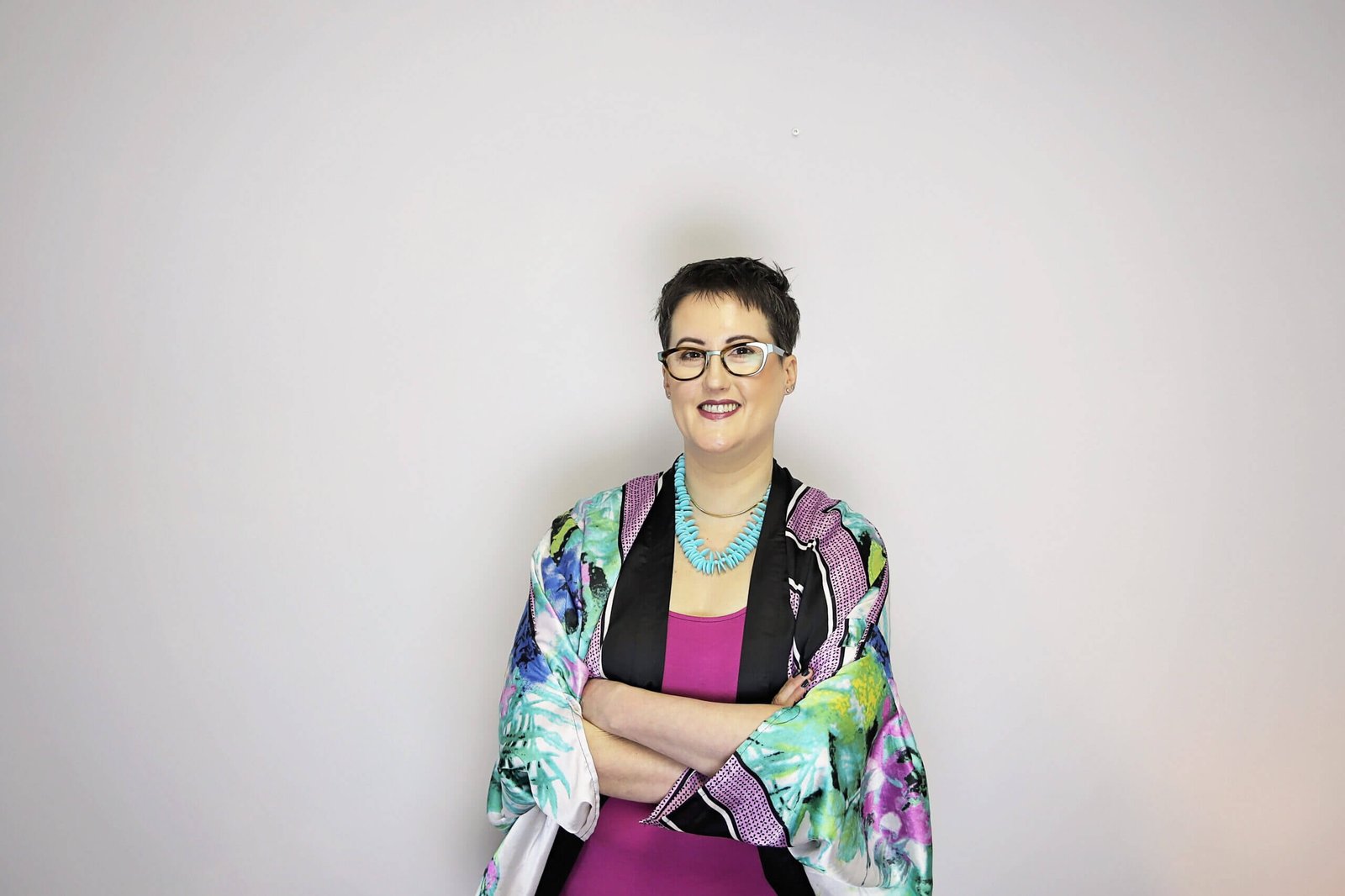
by Bethan O'Riordan | Feb 14, 2022 | Blog, Parenting
Functioning on little or no sleep is incredibly difficult, I remember those days well! The reader doesn’t say how old their child is, but the same underlying principles apply to sleep for all children. Children need consistent and predictable relationships with those who care for them so that their emotional development takes place through a lens of emotional safety.
So what does this mean? Children thrive on structures within a day which allow their lives to be consistent and predictable. This doesn’t mean things have to be the same all the time and I especially don’t mean having strict regimes in place. Life is about finding that balance between having boundaries and being relaxed. It’s so important that both parents agree on a similar way of parenting, From my experience this is where things can get complicated for some families.
Both parents need to decide what to do based upon their child’s behaviour. For example, is your child allowed to hop into bed with you at night if they wake or will they go back to their own bed? Will you stay with your child till they are asleep or leave before? Do you give your child the last drink/snack/trip to the bathroom when it’s bedtime or does this prolong the sleeping from taking place?
Remember, consistency is key. Play around with what’s right for you. By consistency I mean not only in sleeping patterns, but also consistency in their relationship with you. Are you able to be the same person with your child? Or can you change and be different in how you parent? Do you try to apply the same boundaries each time or do they differ? Remember, it’s not about being rigid, flexibility is important. But your child needs to know that you are the same every day.
Developmentally if your child is a baby or toddler creating predictable sleeping times during the day and evening helps to create the consistency they need to allow their bodies to rest and create sleeping patterns. Bedtime routines don’t have to be an elaborate set of activities, but children will always look for a simple connection with their caregivers. Night times also shed light on any worries that children have had throughout the day, and this is where the quality, not quantity, of parenting comes into play. Have you seen or heard and validated your child in the quality way they need?
Finally, you can do and say all the right things, but if your child is going through a spell of not sleeping then look after yourself. If you’re on your knees with a toddler, baby or child who doesn’t sleep, try to tailor your day to mind your energy reserves.
Oh, and blackout blinds have been my saving grace too 😉
If anything in this blog resonates with you and you’d like support to create change, you’re welcome to book a free call with Bethan here to explore your support options. Make sure you download your free 5 Steps to Calmer Parenting. If you’re looking for immediate parenting support, you can start your free 7 day trial in the Calm Parenting Club., my online parenting community where you’ll get the answers to your parenting problems and you’re supported to be the parent, and person, you’d like to be.
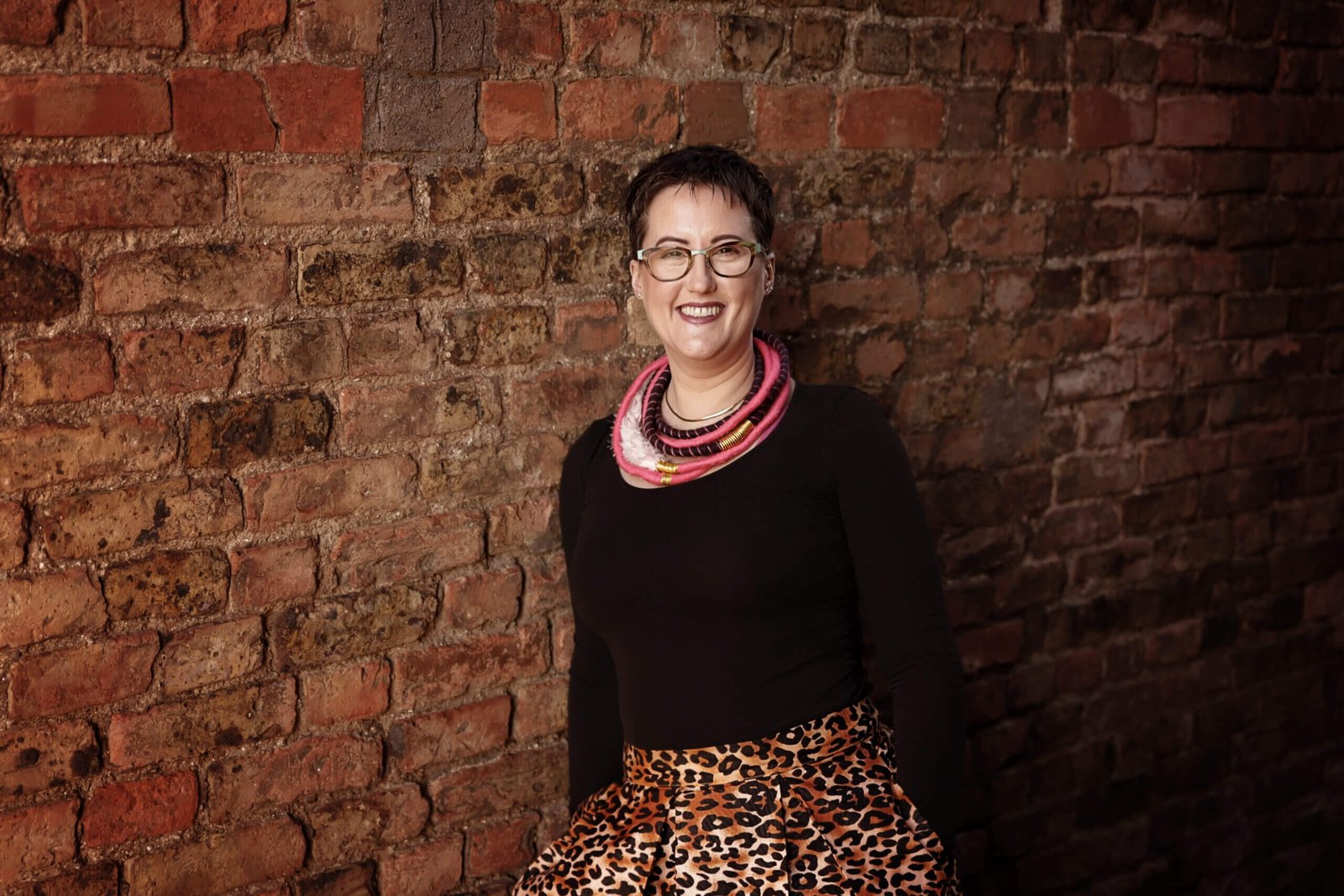
by Bethan O'Riordan | Feb 7, 2022 | Blog, Parenting
Children and their families have had to deal with so much over the last few years and so many more families are experiencing anxiety. However, the word anxiety is vague. The first step in helping an anxious child is to stop using the word anxious. Anxiety is a process within the mind and body that leads to over thinking and often creates fear. It’s part of the way our bodies have been designed to let us know that we may not be okay. We want to move towards helping children understand their feelings. Here’s three steps to help with this:
Step 1 – Validation
When a child is experiencing anxiety what they need their parents to do is to make their feelings safe. Use empathy to show that you see that they’re having a hard time, you’re essentially validating their experience. You might try to say something like “I can see that’s hard for you”. Then you can move to the specifics and ask “what is hard about that for you?”
Step 2 – Don’t problem solve,listen
This may seem counterintuitive. You’ve to use your parenting diligence to work out if your child does need practical help. For the most part, children are looking to be heard. When children are heard they often come up with much better solutions than their parents! Listening means being available to hear what’s going on. By this I mean quality and not quantity of parenting. Don’t try to have big chats with your child at bedtime, this only gets their minds whirring. Have you created space within the day to really see, hear and understand your child?
Step 3 – Be their detective
If you were to ask your child, “what are you feeling?” it could feel a little bit like being interrogated. Choose your timing wisely and try to help your child move from thinking to feeling. Children are very in the moment with their feelings, don’t we know it! It’s essential that parents create a context for their feelings, for example “Ah, yes having to remember so many things in the mornings can be difficult and overwhelming.” Or, “meeting new people can be scary can’t it?” This way you’re moving away from the word anxiety and helping to make sense of what’s happening.
Be their detective and work out what times of the day or week are hardest for them then help your child with these. Parents often think that this is being too soft, I disagree. he reality is, if your child is struggling then being compassionate is the only way to help them move forward.
Finally, the most important part of understanding anxiety is this… Children absorb emotions from their family. The most profound change you can make as a parent is to explore how you manage your emotions as your children will mirror your approach. Anxiety in children is, in some way, a learned emotional response they’ve absorbed from their parents. Always remember that you are the change your children need.
If anything in this blog resonates with you and you’d like support to create change, you’re welcome to book a free call with Bethan here to explore your support options. Make sure you download your free 5 Steps to Calmer Parenting. If you’re looking for immediate parenting support, you can start your free 7 day trial in the Calm Parenting Club., my online parenting community where you’ll get the answers to your parenting problems and you’re supported to be the parent, and person, you’d like to be.

by Bethan O'Riordan | Jan 31, 2022 | Blog, Parenting
I meet many parents who find playing difficult, so I want you to know that you’re not alone. We’re constantly exposed to images showing adults totally immersed within a child’s play… but this isn’t the reality for many.
We know that children love to play and it is one way in which children develop their emotions and learn about relationships. No parent enjoys or is good at everything, so it’s great to know your limits. In my household, Rich, kids Dad, is much better at playing sports than me, but I’m better at helping the children’s emotional development and teaching them skills like cooking.
Take time to think about what you can offer, do what you enjoy and bring this into your relationship with your children. The most important part of parenting is that you do what feels okay for you. If you’re playing with your child and it doesn’t feel right, this is also what the child experiences. The most important thing any child needs is an authentic relationship with their grown-up.
Perhaps you enjoy:
• reading
• dancing
•making up stories
•splashing in mud
•going on nature walks
•listening to stories or music
•going on day trips
•doing indoor assault courses
•setting up a cafe at home
•chilling out watching TV
The list of activities you can do with your child to create a healthy relationship is endless. Take time to think about what you offer and do that really well. Just to add, I really love kinderama.com and www.playwithmemammy.ie for their fun and imaginative play with children.
The difficult aspect of play from a therapeutic perspective, is that often adults were shamed as children for their play or imagination. When you’re playing with your child, your body is recalling memories of feeling uncomfortable and being seen. You can overcome this by working on those feelings and experiences in therapy.
If anything in this blog resonates with you and you’d like support to create change, you’re welcome to book a free call with Bethan here to explore your support options. Make sure you download your free 5 Steps to Calmer Parenting. If you’re looking for immediate parenting support, you can start your free 7 day trial in the Calm Parenting Club., my online parenting community where you’ll get the answers to your parenting problems and you’re supported to be the parent, and person, you’d like to be.






